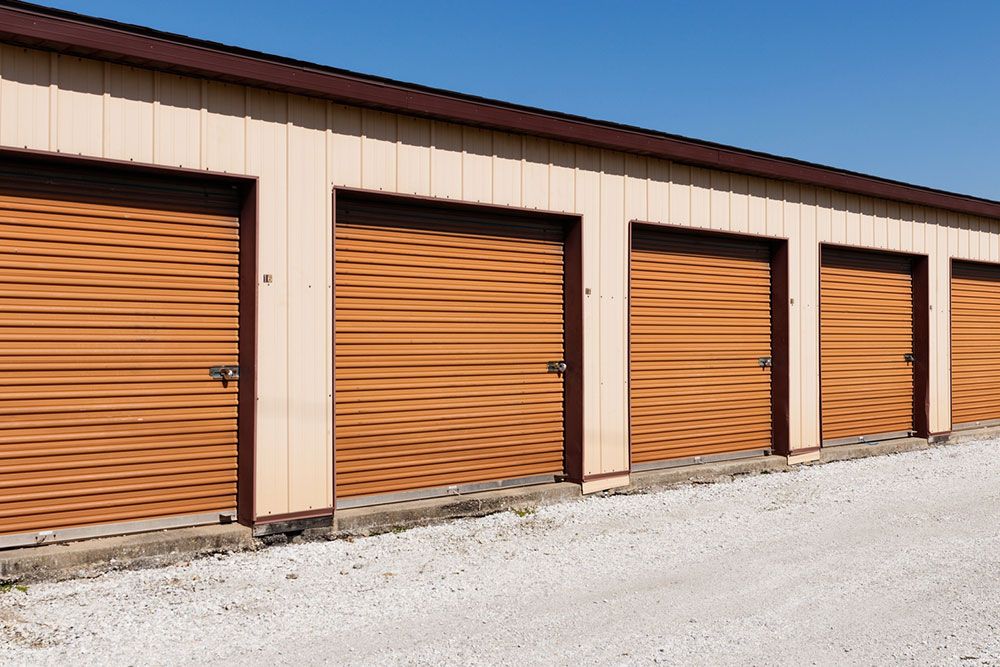Renting a storage unit is a good idea if someone wants a temporary space to keep their belongings while moving. The facility can also be useful if a person has a small house with inadequate room for large items. Self-storage units are easily available, but individuals must not pick the first one they find. One must conduct thorough research and consider several important factors before signing up for the service.
Cost
The current average price to rent a self-storage unit is about $85.30 a month. Remember, this is an indicative figure that may change each day. The final cost will be determined when one draws up the agreement. The price can vary based on several things, such as the location and contract duration, but the unit’s size is the biggest factor affecting the cost. A small unit may cost about $48.70, while an extra-large one (such as a storage container) may cost over $234 per month. The price may also differ based on the number of bins (or boxes) one requires.
Contract
Reading the contract associated with a self-storage space is essential. Doing so helps one understand the terms and conditions of the agreement before making a payment. When reading the document, one should check for things like the length of the contract and if there are any penalties for canceling early. Sometimes, the prices may increase during the rental, so one should also speak to the company supplying the unit about maintaining a standard price if they desire. Further, one must check whether the contract will auto-renew at the end of the tenure and understand how the cancellation process works if they want to opt out early.
External and internal storage
There are two primary types of self-storage units: external and internal. One can pick either depending on their needs. External units are less expensive but are difficult to find and are not typically climate-controlled. On the other hand, internal units are climate-controlled and easily available, but one may have to pay more.
Size
Choosing a size can be confusing. Most storage units offer at least five sizes, including 5’x5’, 5’x10’, 10’x10’, 10’x15’, and 10’x20’. If a person is unsure about how much space is required, they can speak to a representative of the storage company. These self-storage experts might be able to recommend a unit based on the number of items one needs to store and their size.
Insurance
Before renting a storage unit, one should consider buying insurance. Sometimes, a person’s belongings might be covered under a homeowners policy. In such cases, one can speak to the insurer to determine which items are covered. If the homeowners plan does not offer coverage or if one does not have this policy, they could purchase insurance from the self-storage company. Having an insurance plan to fall back on has multiple benefits. Primarily, it protects the policyholder if their belongings are damaged or lost.
Hours of access
Some self-storage facilities may offer access for a few hours a day, while others may offer 24/7 access. It’s important to check this before signing up. One should also take note of the office hours. While one might get access to the storage unit at any time, the office might only be open for specific hours, say between Monday to Saturday from 10 am to 4 pm. If one has queries outside these hours, one might have to wait until the office reopens to get them resolved. Units with 24-hour storage access and an office that works round-the-clock usually cost more to rent.
Security
If someone plans to rent a storage space to keep valuables like expensive furniture or collectibles, they must check the facility’s security measures. Renting a place with robust security will provide peace of mind. Many facilities are gated and only provide access to people with a key or code. They even have security cameras and alarm systems and employ on-site guards to ensure safety.
Reviews
When looking for a self-storage facility nearby, one should try to learn more about the space by reading online reviews. Reviews can give one an idea of what other people have experienced at the facility. They can also paint a picture of its level of customer service, security, cleanliness, and price.
Storage restrictions
People cannot tuck away whatever they want in a self-storage unit. The provider may have a list of things that cannot be stored there, which one must read carefully. Most storage facilities have restrictions on hazardous materials, like paint, oil, gasoline, and chemicals. Some also deter the storage of perishable foods that may spoil if not refrigerated. Other restrictions might include flammable liquids like kerosene, propane, and paint thinners.
Those who also need help packing, carrying, and transporting their belongings can consider a full-service storage facility. Although expensive, this option can be handy if one has no time.
